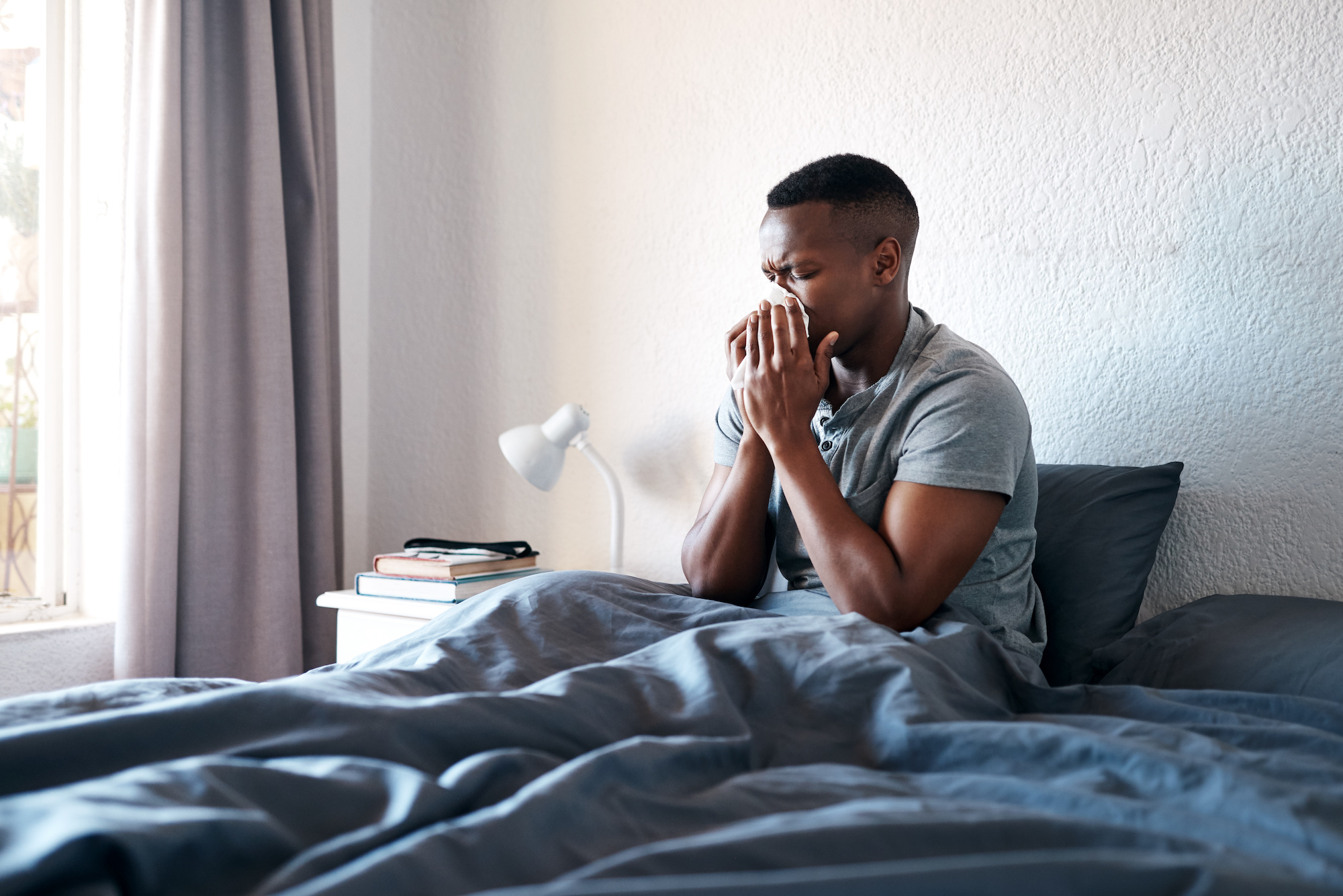
Although Nebraska is no longer at its influenza peak, the University Health Center continues to see cases on campus.
Whether you or the students you advise develop flu symptoms, here is what everyone should know about this year’s flu season and how to stay healthy.
Why was influenza particularly bad this season?
Before COVID-19, flu cases would peak in January or February. This season, flu cases started rising earlier than typical and peaked in late December and early January. Experts aren't entirely sure why this happened, but there is speculation that a lack of mask-wearing and social distancing may be partially to blame. Competitive interactions between different respiratory viruses are not well understood either. We’ve seen very mild flu seasons over the last several years while COVID-19 has circulated widely.
Are there different kinds of flu?
There are four types of influenza viruses: A, B, C and D. Type A and B are the viruses that cause the most human illnesses and are responsible for the seasonal flu.
What type of flu is going around this year?
The type A H3N2 virus is the predominant influenza strain so far, according to Mark Rupp, MD, Nebraska Medicine infectious diseases physician. Type A H3N2 tends to cause more severe illness than H1N1 or type B strains.
What kind of flu virus does this year's vaccine protect against?
This season's flu vaccine protects against the four (quadrivalent) influenza viruses that research indicates will be the most common:
Influenza A (H1N1)
Influenza A (H3N2)
Two influenza B strains
Vaccination is crucial for those with obesity, a history of heart disease or stroke, diabetes, asthma or lung disease, immunosuppression or those who are pregnant. Learn how to get a flu shot on campus.
Influenza, COVID-19 or RSV? How do I know which one I have?
Since the main symptoms are similar, including symptoms for the respiratory syncytial virus, known as RSV, it isn't easy to know what you're dealing with without testing. You can also be infected by more than one virus at a time. Because treatment is most effective within the first few days of symptom onset, call the University Health Center at 402.472.5000 so you can receive the best treatment option. UNL employees and their adult dependents are eligible for immediate care visits at the health center.
How can I reduce my risk?
Consider if an activity is worth the risk for you and others. Continue to take common sense precautions when preparing for gatherings, including:
Wash hands often with soap and water
Consider wearing a mask when in public, indoors and when using public transportation
Cover your nose and mouth with a tissue when sneezing or coughing
Stay home when you are sick
Avoid touching your eyes, nose or mouth
What should I do if I feel sick?
If you have flu symptoms, stay home and keep your distance from others. Call the University Health Center at 402.472.5000 to make an immediate care appointment. You can also treat symptoms with over-the-counter medicines that are available for purchase at the health center pharmacy.
More details at: https://health.unl.edu/